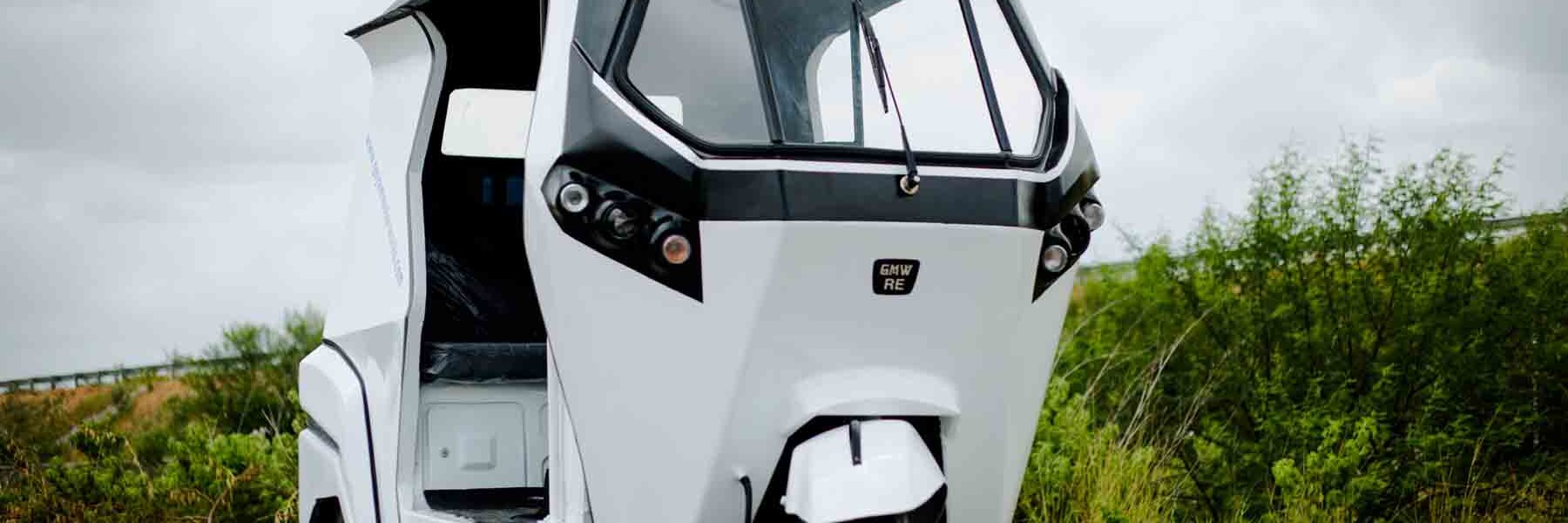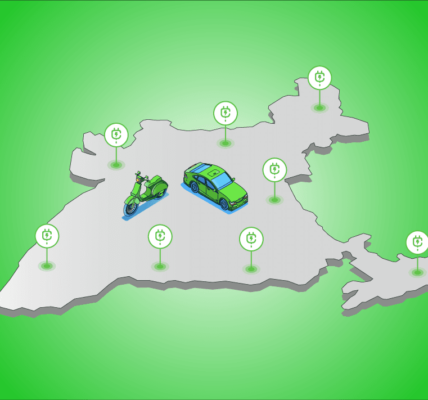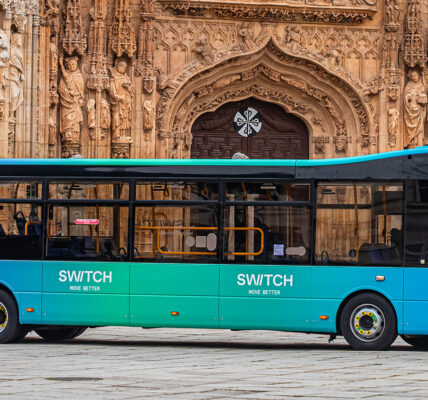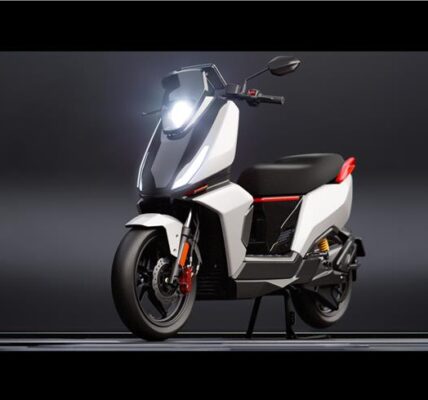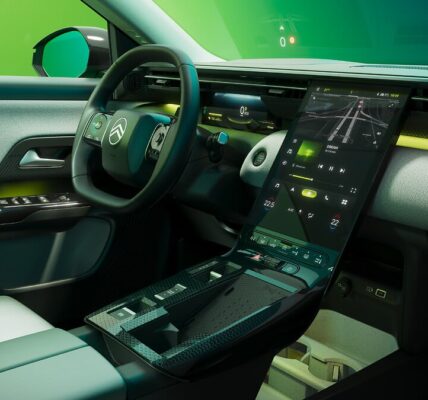Convergence Energy Services Limited (CESL), a wholly-owned subsidiary of Energy Efficiency Services Limited (EESL), has issued an expression of interest (EoI) to empanel original equipment manufacturers (OEMs) to supply electric three-wheelers (e-rickshaws) in India.
The scope of work would include designing, engineering, manufacturing, testing, inspecting, supplying, transporting, and providing complete system warranty and after-sales support.
The last date to submit the bids is July 26, 2021, and the bids will be opened on the same day. The pre-bid meeting will take place on July 13.
CESL will deploy the e-rickshaws per the needs of the end-users and the product availability to suit the functional requirements within the stipulated period of seven days from the date of the issuance of the letter of award.
All micro and small enterprises (MSEs) are exempted from paying the security deposit subject to providing proof of registration as MSE (indicating the validity date of their registration) with any agency mentioned in the notification of the Ministry of Micro, Small, and Medium Enterprises.
The company also mentions that 25% of the tendered quantity has been reserved for MSE suppliers. Of the reserved percentage, 4% has been earmarked for procurement by MSEs owned by Scheduled Caste and Scheduled Tribe entrepreneurs, while 3% has been reserved for MSEs owned by women.
As per the tender document, if the MSE vendor participating in the tender quotes within the price band of lowest (L1)+15%, he will be awarded 25% of the total tendered work requirement subject to acceptance of the L1 price. In the case of more than one such MSE, the supply will be shared proportionately. If the work cannot be split, then the MSE quoting price within the price band of L1+15% may be awarded the complete supply of the tendered value.
To participate in the bidding process, the OEM should be an e-rickshaw manufacturer and should not have been blacklisted by any government agency or public sector undertaking. The OEM should have experience in manufacturing a minimum of 100 e-rickshaws annually.
Also, the OEM should have sold a minimum of 500 e-rickshaws annually in the last three years or an aggregate of 1,000 e-rickshaws in the last three years. Alternatively, for pure electric vehicle-based companies, the OEM should have sold a minimum of 100 e-rickshaws from the date of incorporation. The model of the e-rickshaw offered by the OEM for supply against this EoI must have sold a minimum of 100 units in the last year.
The product offered by the OEM should meet the functional requirements and technical specifications as stipulated in the EoI.
The OEM’s average annual turnover for the last three years should be at least ₹100 million (~$1.34 million), and the bidder should have been profitable in two of the last three years. The OEM’s net worth in the last financial year should not be less than 100% of the paid-up share capital.
The document mentions that, as a designated agency, EESL will aggregate demand for 300,000 e-rickshaws for multiple user segments.
Past performance of OEMs with CESL, i.e., related to quality, supply, performance, etc., would be considered by CESL during the OEM empanelment. CESL intends to procure e-rickshaws as per the guidelines of the Faster Adoption and Manufacturing of (Hybrid) and Electric Vehicles, Phase-II (FAME-II) India program.
Last month, CESL issued an EoI to empanel OEMs to supply electric two-wheelers in Kerala. The scope of work included designing, engineering, manufacturing, testing, inspection, supply, transportation, complete system warranty and transit insurance, delivery to the end-consumer, and after-sales support.
Earlier, the Department of Heavy Industries had announced partial amendments to the FAME-II program. Demand aggregation has been identified as the key to bringing down the upfront cost of e-rickshaws, on par with the internal combustion engine vehicles for multiple user segments.


